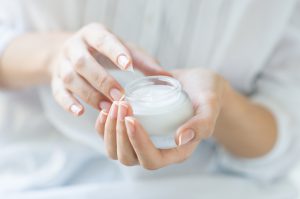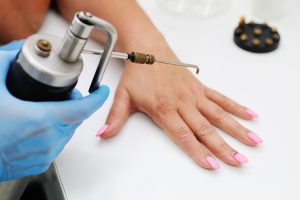 As you’re trying to figure out how to successfully take care of your little one — Googling every cough, whimper, and spot out of the norm — it seems that any small symptom could be a sign of something scary to come.
But fear not! The little red strawberry patch on your precious baby is nothing to worry about. It looks far worse than it is. In fact, it’s normal for babies to have a red birthmark. And more importantly, it’s not d...
As you’re trying to figure out how to successfully take care of your little one — Googling every cough, whimper, and spot out of the norm — it seems that any small symptom could be a sign of something scary to come.
But fear not! The little red strawberry patch on your precious baby is nothing to worry about. It looks far worse than it is. In fact, it’s normal for babies to have a red birthmark. And more importantly, it’s not d... Read moreabout The Facts About Your Baby’s Strawberry Birthmark (Yes, You Have Options)









